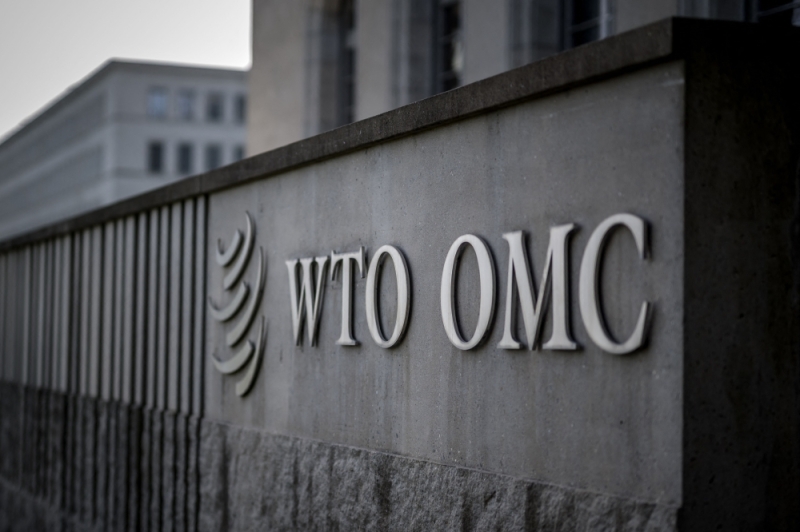WTO backs EU in deforestation case against Malaysia

In the WTO’s first ruling related to deforestation, a three-person panel voted by two-to-one to reject Malaysia’s substantive claims, while accepting its complaints over how the measures had been prepared, published and administered. — AFP pic
Wednesday, 06 Mar 2024 7:18 AM MYT
GENEVA, March 6 — The European Union scored a victory at the World Trade Organisation yesterday as an adjudicating panel rejected a Malaysian complaint against an EU decision that biodiesel made from palm oil should cease to count as a renewable biofuel.
In the WTO’s first ruling related to deforestation, a three-person panel voted by two-to-one to reject Malaysia’s substantive claims, while accepting its complaints over how the measures had been prepared, published and administered.
The EU will need to make adjustments, but need not withdraw its measures after the WTO’s first ruling related to different treatment of products according to their risks of greenhouse gas emissions.
The dispute centres on EU rules setting a target of 10 per cent of transport fuels from renewable sources. Crop-based biofuels are considered renewable if they meet sustainability criteria. The EU excludes crops grown on deforested land or where there is a high risk they displaced food crops, which were then grown on cleared land.
The EU determined that palm oil-based biofuel should be phased out as a renewable by 2030, while crops grown in the bloc, such as sunflower or rapeseed, did not need to be.
Wednesday, 06 Mar 2024 7:18 AM MYT
GENEVA, March 6 — The European Union scored a victory at the World Trade Organisation yesterday as an adjudicating panel rejected a Malaysian complaint against an EU decision that biodiesel made from palm oil should cease to count as a renewable biofuel.
In the WTO’s first ruling related to deforestation, a three-person panel voted by two-to-one to reject Malaysia’s substantive claims, while accepting its complaints over how the measures had been prepared, published and administered.
The EU will need to make adjustments, but need not withdraw its measures after the WTO’s first ruling related to different treatment of products according to their risks of greenhouse gas emissions.
The dispute centres on EU rules setting a target of 10 per cent of transport fuels from renewable sources. Crop-based biofuels are considered renewable if they meet sustainability criteria. The EU excludes crops grown on deforested land or where there is a high risk they displaced food crops, which were then grown on cleared land.
The EU determined that palm oil-based biofuel should be phased out as a renewable by 2030, while crops grown in the bloc, such as sunflower or rapeseed, did not need to be.
kt comments: A truly double-standard kerbau - sunflower & rapeseed grew on God's provided "cleared" land, while oil palm on deforested lands??? 😡😡😡
Malaysia and Indonesia, the world’s two largest palm oil producers accounting for 85 per cent of global exports, then challenged the European Union at the WTO.
The WTO panel was the same for both cases and was expected to have also issued a joint ruling yesterday. However, Indonesia requested the suspension of the panel’s work on Monday. Parties to WTO disputes normally know panel results before publication. — Reuters
Much of Europe's cultivated land was cleared from forest centuries ago, long before human-induced climate change, and has nothing to do with the destructive deforestation occuring today.
ReplyDeleteIn South East Asia , industrial-scale jungle burning is going on until today.
Clearing massive more jungle to plant palm oil is clearly much more destructive to the environment.